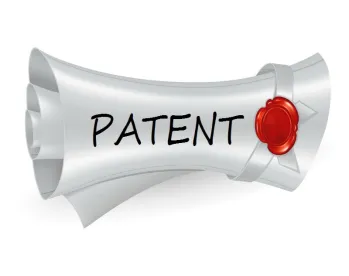The US Court of Appeals for the Federal Circuit agreed with a district court that it lacked personal jurisdiction over a patent owner/declaratory judgment defendant where the defendant’s only contacts with the forum were the presence of an exclusive licensee and cease-and-desist letters sent into the jurisdiction. New World Int’l, Inc. v. Ford Global Techs., LLC, Case No. 16-2097 (Fed. Cir., June 8, 2017) (Bryson, J).
This case relates to a series of cease-and-desist letters sent by Ford Global Technologies, Ford’s intellectual property holding company, to New World International, a Texas company that sells aftermarket parts for Ford vehicles. Ford alleged that New World was selling products that infringed on two of its design patents, which it had exclusively licensed to LKQ Corp., another manufacturer of aftermarket parts that does business in all 50 states. Ford sent several letters to New World instructing it to cease all sales of the allegedly infringing parts and directing it how to dispose of them. New World responded by filing a declaratory judgment action in the Northern District of Texas, seeking declarations of invalidity and non-infringement. Ford moved to dismiss that suit for lack of personal jurisdiction. After the district court granted the motion, New World appealed.
The Federal Circuit applied the standard three-prong test for personal jurisdiction: “(1) whether the defendant ‘purposefully directed’ its activities at residents of the forum; (2) whether the claim ‘arises out of or relates to’ the defendant’s activities with the forum; and (3) whether the assertion of personal jurisdiction is ‘reasonable and fair.’” The Court found that the sending of the cease-and-desist letters was sufficient on its own to meet the first two prongs of the test. The Court required more to satisfy the third prong, however.
New World argued that it was reasonable and fair to subject Ford to personal jurisdiction in Texas because it had an exclusive licensee making sales in Texas and had agreed to indemnify that licensee and to not unreasonably refuse a request by the licensee to enforce the design patents against other infringers. Noting that neither of those provisions gave rise to the sort of ongoing relationship with the forum state necessary to make the exercise of personal jurisdiction reasonable and fair, the Federal Circuit disagreed.
New World also appealed the district court’s denial of its motion to amend the complaint to add further jurisdictional bases. The district court had concluded that the only basis New World offered to amend its complaint was to buttress its arguments with facts it could have included the first time. The Federal Circuit agreed and concluded that the district court’s refusal to allow New World a second chance at the pleading was not an abuse of discretion.
Practice Note: Parties filing a declaratory judgment action should carefully consider the limits on their forum selection and include robust jurisdictional factual support to protect themselves against jurisdictional challenges.




 />i
/>i

